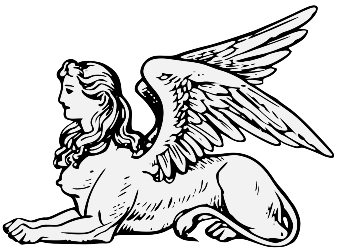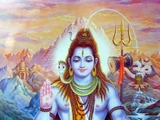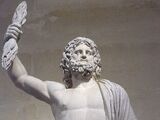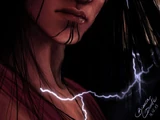
Thor, the God of Thunder
Polytheistic peoples of many cultures have postulated a thunder god, the personification or source of the forces of thunder and lightning; a lightning god does not have a typical depiction, and will vary based on the culture. In Indo-European cultures, the thunder god is frequently known as the chief or king of the gods, e.g. Indra in Hinduism, Zeus in Greek mythology, and Perun in ancient Slavic religion; or a close relation thereof, e.g. Thor, son of Odin, in Norse mythology. This is also true of Shango in Yoruba religion and in the syncretic religions of the African Diaspora, such as Santería (Cuba, Puerto Rico, United States and Candomblé (Brazil).
In Greek mythology, the Elysian Fields, or the Elysian Plains, the final resting places of the souls of the heroic and the virtuous, evolved from a designation of a place or person struck by lightning, enelysion, enelysios. This could be a reference to Zeus, the god of lightning/Jupiter, so "lightning-struck" could be saying that the person was blessed (struck) by Zeus (/lightning/fortune). Egyptologist Jan Assmann has also suggested that Greek Elysion may have instead been derived from the Egyptian term ialu (older iaru), meaning "reeds," with specific reference to the "Reed fields" (Egyptian: sekhet iaru / ialu), a paradisiacal land of plenty where the dead hoped to spend eternity.
Articles that are about gods of thunder will appear here. To add an article to this category, add [[Category:Gods_of_Thunder]] to the page.
All items (35)



































